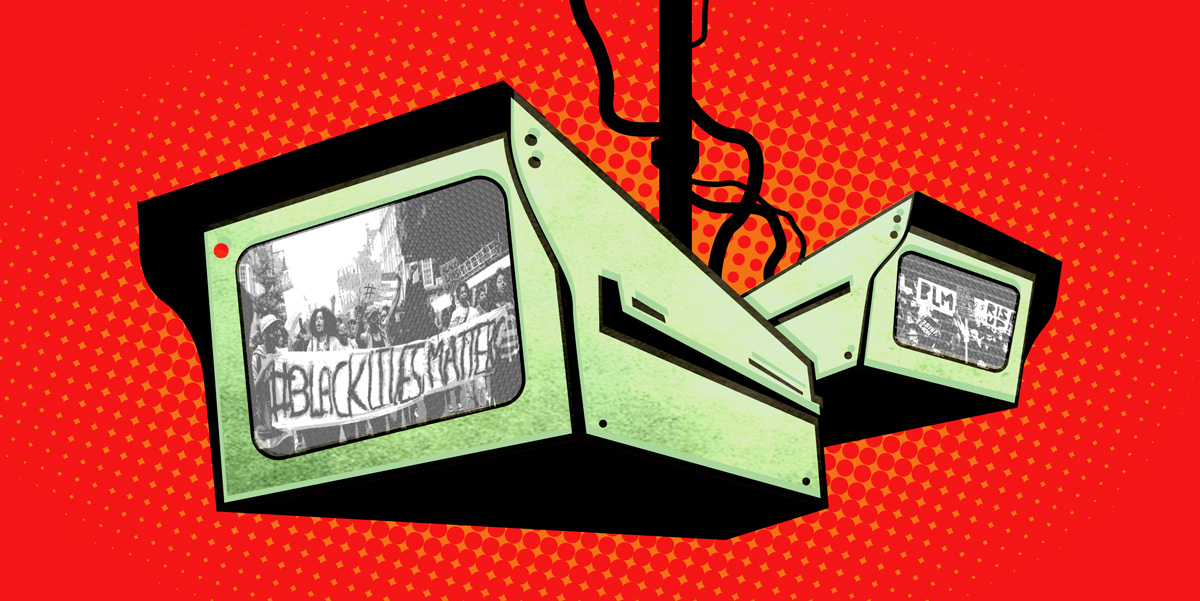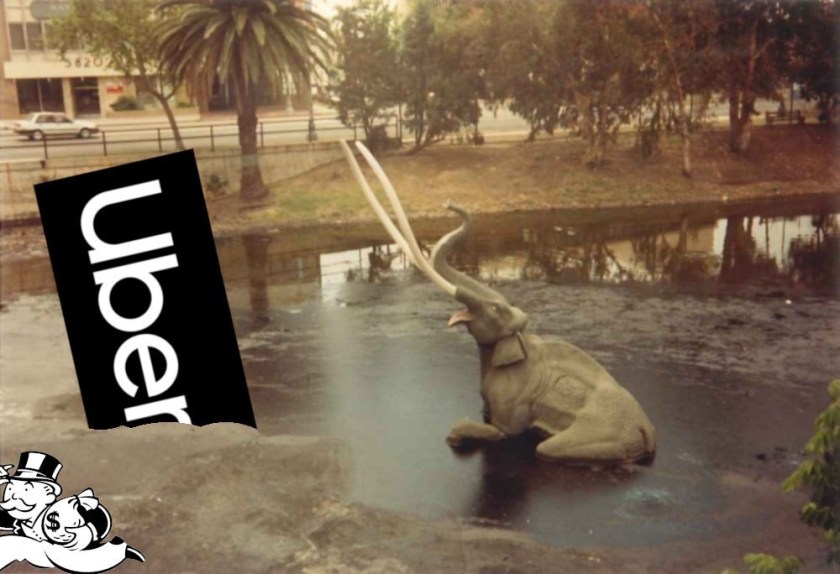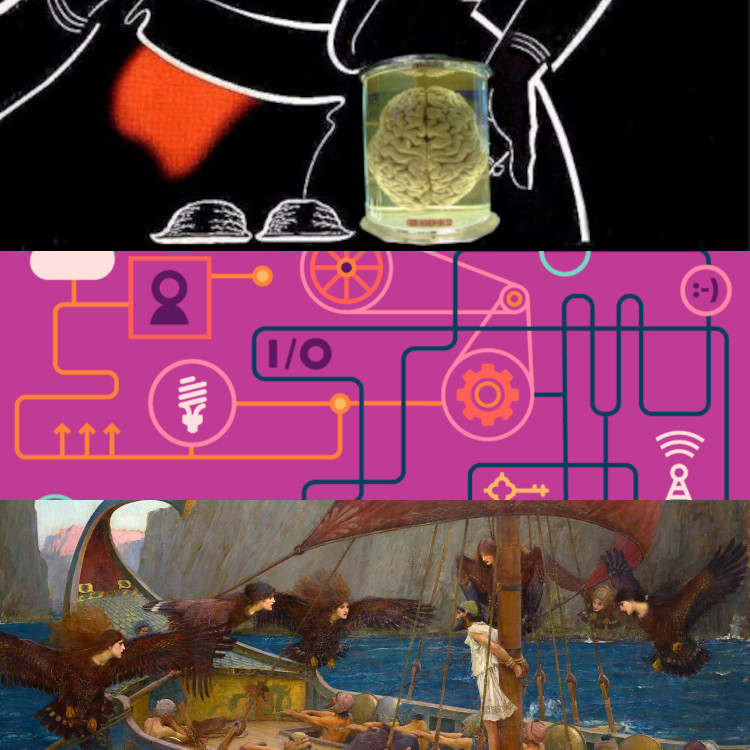
The pandemic has afforded all of us a refresher course on the five stages of grief, a theoretical and controversial framework for describing how people cope with tragedy: denial, anger, bargaining, depression and acceptance.
en.wikipedia.org/wiki/Five_stag…
1/
en.wikipedia.org/wiki/Five_stag…
1/

A far slower-moving unfolding of these stages can be seen in the reactions of the super-wealthy to the breakdown in neoliberal orthodoxy, the tale that says that inequality results from meritocracy, and makes us all better off:
pluralistic.net/2021/02/13/dat…
2/
pluralistic.net/2021/02/13/dat…
2/
Denial came out in the "rationalist" view: the world is better off than ever - richer, less violent, healthier, and any discontent you feel with your plummeting fortunes and the contracting possibilities for your kids is just your tunnel vision. Lack of perspective.
3/
3/
But the Great Financial Crisis and Occupy triggered the anger of the elites: violent suppression of protests, the "Doom Boom" in new luxury bunkers, Howard Schultz's insistence that "billionaire" is a slur (he says we should call him a "person of wealth").
4/
4/
The pandemic - and the "K-shaped recovery"- has revealed the existential threat inequality poses for our species, between price-gouging, fraud, profiteering, flouting health directives, and coercing the poor and vulnerable into risking their lives to keep the economy afloat.
5/
5/
A palpable desperation has set in among the ultra-wealthy, and with it, bargaining. VR execs and their major investors have begun to quietly assert that it will stabilize our unequal society by anaesthetizing the have-nots with virtual wealth.
wired.com/story/billiona…
6/
wired.com/story/billiona…
6/
John Carmack: "Not everyone can have a mansion. Not everyone can have a home theater. These are things we can simulate, to some degree, in virtual reality."
7/
7/
Gabe Newell: "The real world will seem flat, colorless, blurry compared to the experiences you'll be able to create in people's brains"
8/
8/
None of this will work. VR as opiate for the masses is a great Ernie Cline plot, but it's lousy social policy. After all, providing the desperate victims of the Great Financial Crisis unlimited access to Oxycontin and Fentanyl did not stabilize our society.
9/
9/
As @mjgault writes in @Wired: "If you want a picture of the future, imagine a Facebook-branded set of VR goggles strapped to an emaciated human face—forever."
Image: Gaetan Lee (modified)
commons.wikimedia.org/wiki/File:Huma…
CC BY:
creativecommons.org/licenses/by/2.…
eof/
Image: Gaetan Lee (modified)
commons.wikimedia.org/wiki/File:Huma…
CC BY:
creativecommons.org/licenses/by/2.…
eof/
• • •
Missing some Tweet in this thread? You can try to
force a refresh














